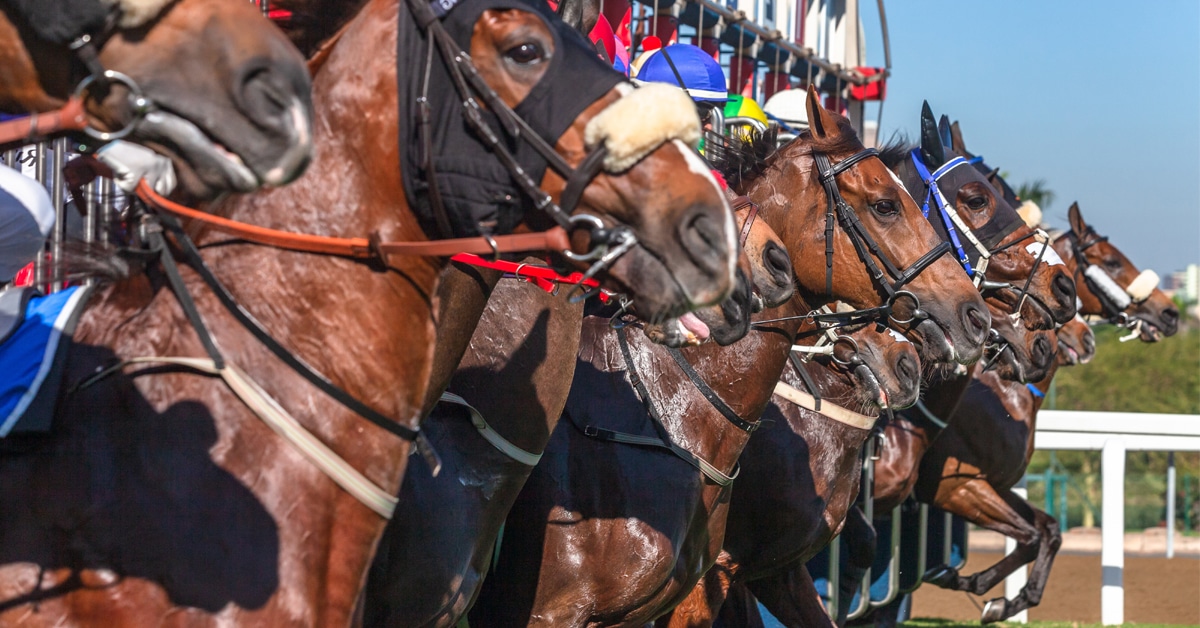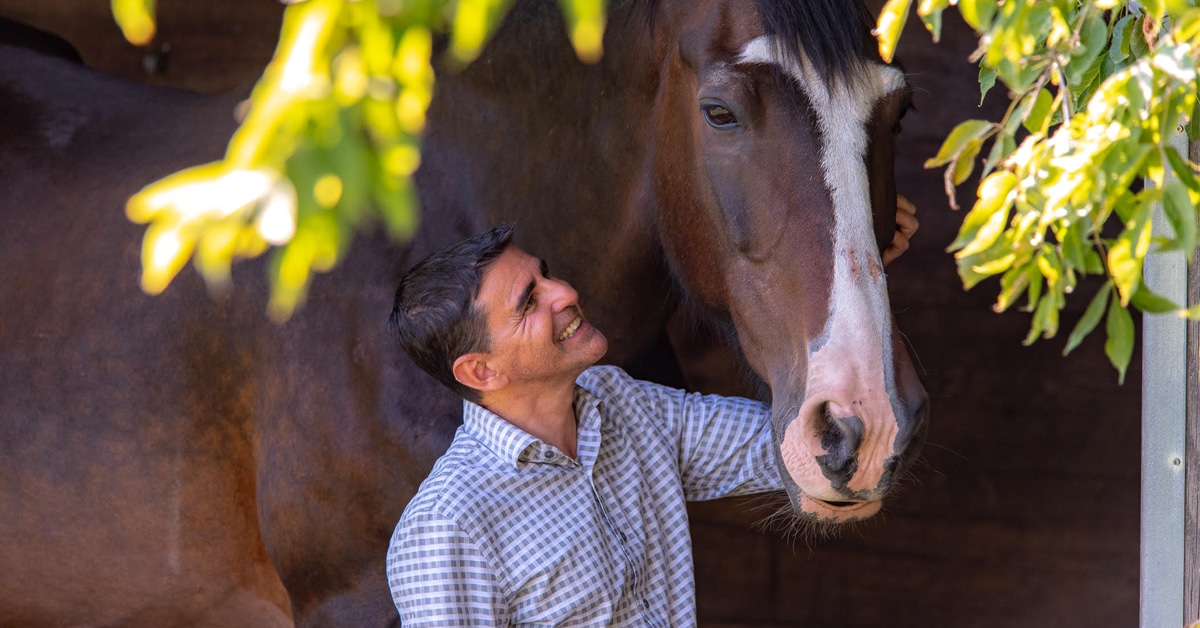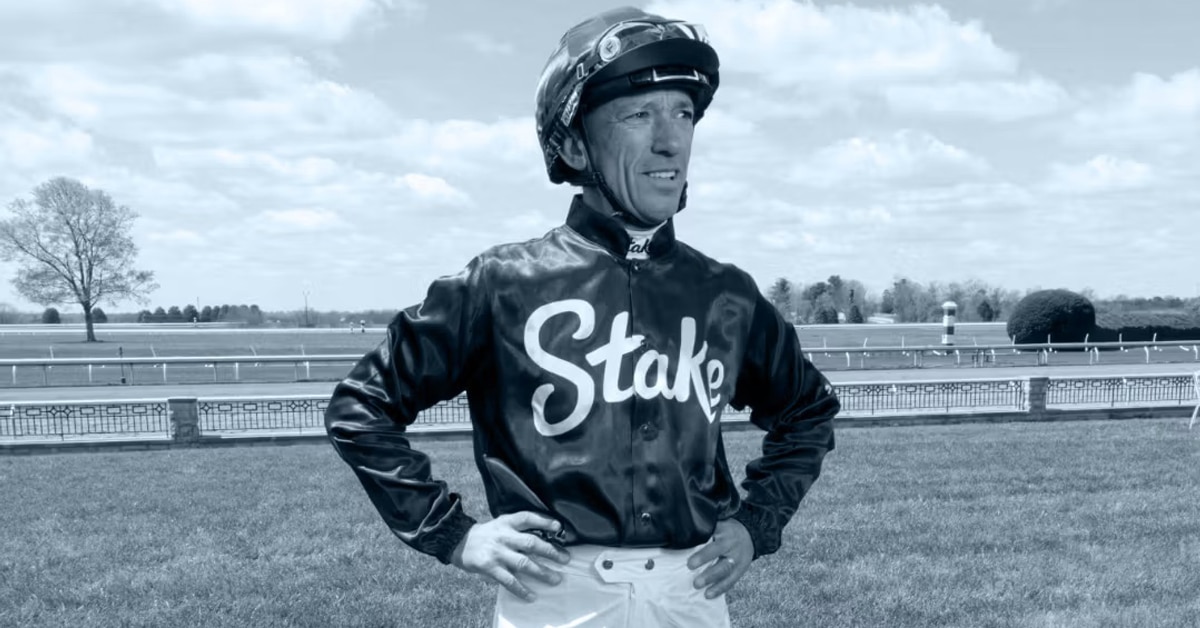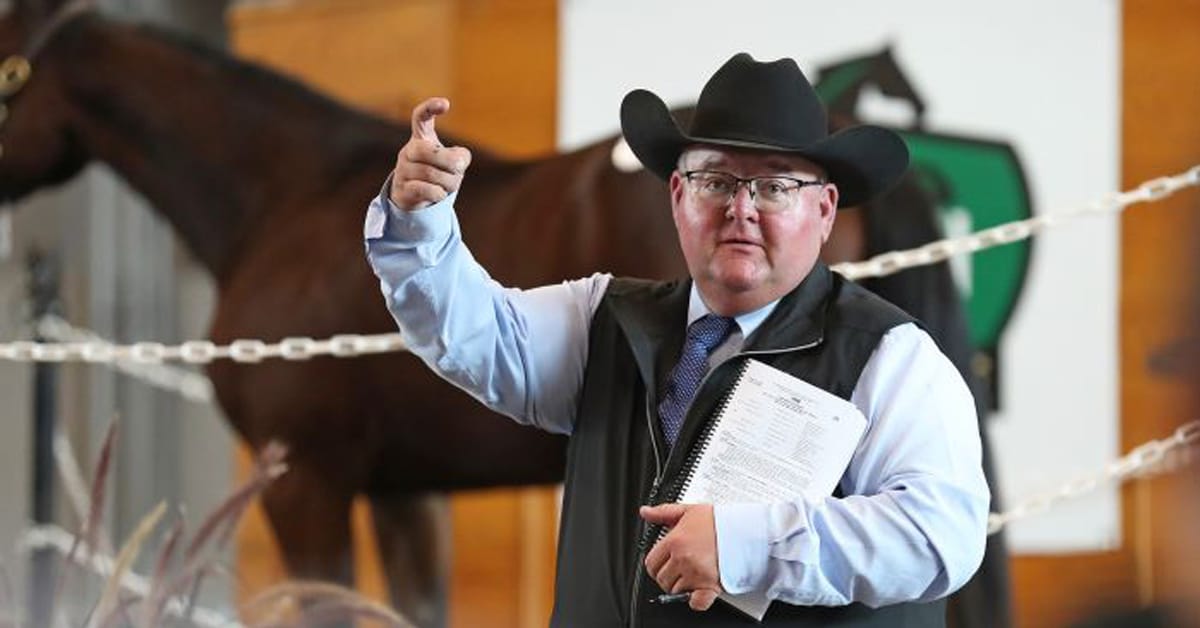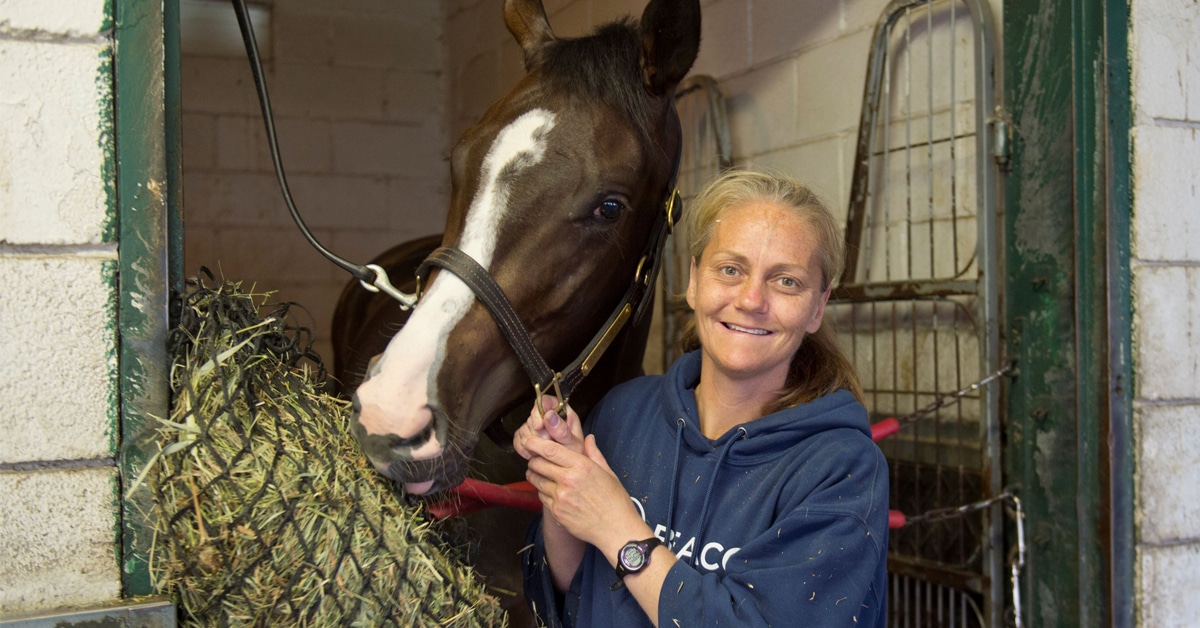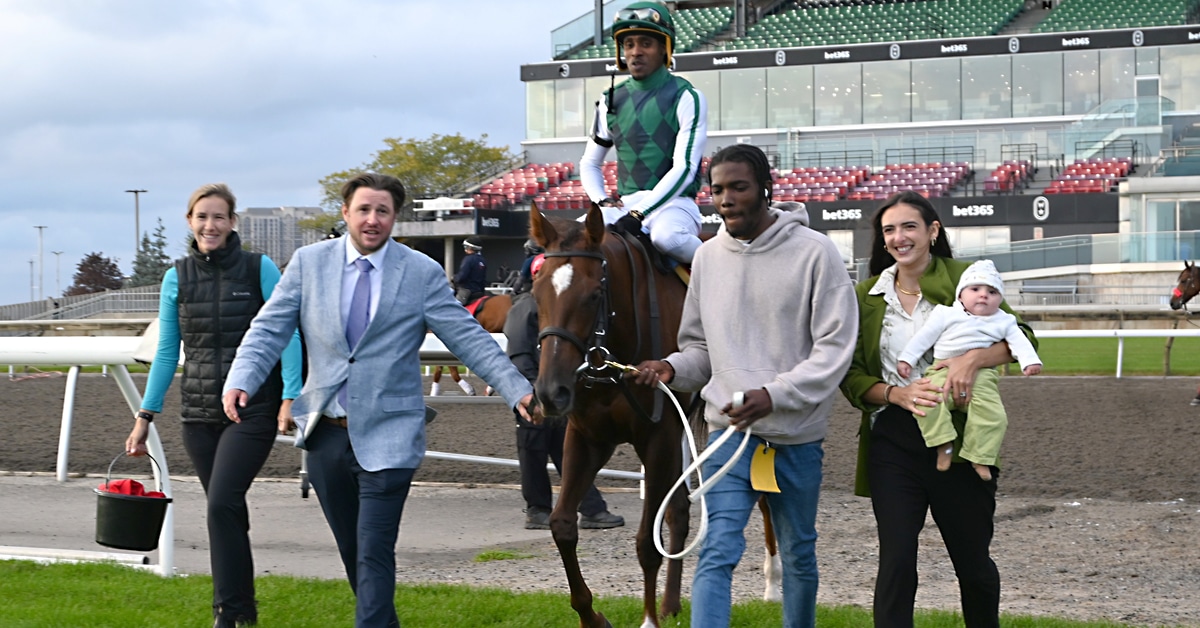The rich history of off-the-track Thoroughbreds (OTTBs) in equestrian sport has generated a valuable body of anecdotal knowledge of their behavioural characteristics; however, evidence-based resources are relatively lacking. It is important to gain objective understanding of OTTB behaviour to responsibly prepare them for the transition from racing to equestrian careers.
Following is a synopsis of a presentation by Australian researchers at the International Society for Equitation Science conference entitled “A Good Life for Horses” presented by ISES in New Zealand in March 2024. The study in question used observations from 1,663 owners, extracted from the Equine Behaviour Assessment and Research Questionnaire (E-BARQ) database, to compare off-track Thoroughbred behaviour with those of other horse breeds. Specific areas of evaluation were boldness, compliance, rideability, trainability and responsiveness to acceleration and deceleration signals. The OTTBs in this study:
- demonstrated significantly higher boldness than control horses;
- showed lower compliance and responsiveness to deceleration cues than control horses;
- trainability, rideability and responsiveness to acceleration cues didn’t differ significantly compared to the control group,
The current finding of greater boldness in OTTBs compared to other horses challenges previous studies and calls for further research to differentiate between the relative influences of inherent breed temperament and acquired life experience. The E-BARQ collects detailed information regarding training and management practices that could facilitate future analysis of the effects of these variables on behaviour. With increased understanding of how boldness relates to racing experiences, these might be more purposefully optimized to benefit the horse in its equestrian second career.
There is opportunity, as well as obligation, to ensure OTTBs are provided with forward-thinking foundation training that will position them for a lifetime of good welfare.
The areas in which OTTBs compared unfavourably to other horse breeds (essentially slowing and stopping) represent aspects of behaviour that can be addressed proactively, to a certain extent, through foundation training. The importance of thorough foundation training for OTTBs is heightened by their lower value than other horse breeds on the equestrian market and consequent susceptibility to lower standards of equitation.
While it is not possible to control demand or regulate training practices in the equestrian sector, OTTBs are uniquely advantaged in that they spend the first phase of their life in the care of licensed professionals. This means that there is opportunity, as well as obligation, to ensure OTTBs are provided with forward-thinking foundation training that will position them for a lifetime of good welfare. There is a compelling need for more OTTB-focused behaviour research to help inform and strengthen the case for earlier integration of science-based training principles.
~ with files from International Society for Equitation Science
The Latest

